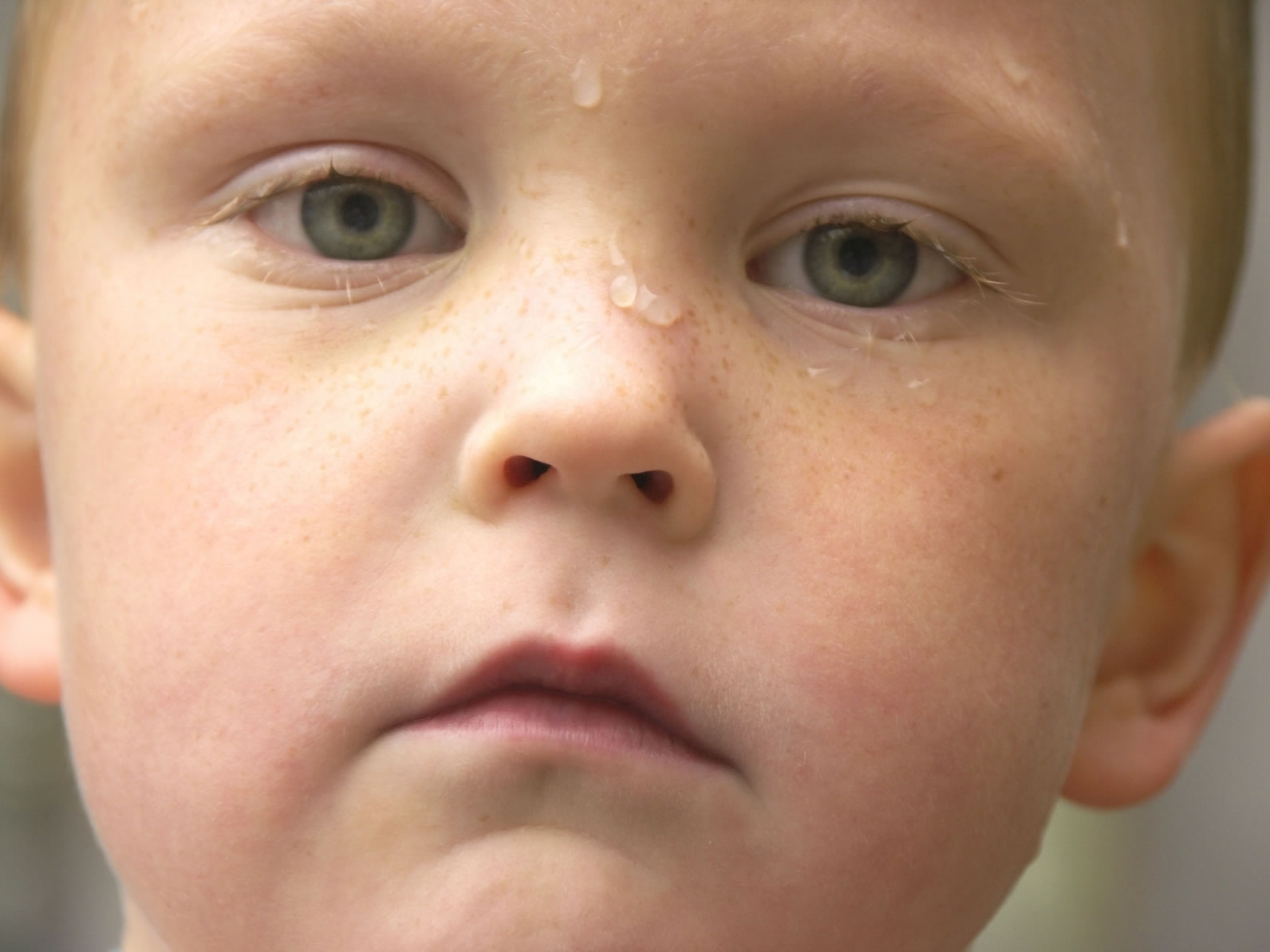Published: October 28, 2009
Gossip in the workplace can be a weapon in reputational warfare or a gift and can offer clues to power and influence not found on organizational charts. New research from Indiana University details how the weapon is wielded — and its influence muted — in a rare study that catches this national pastime on video.
The study, published in the October issue of the Journal of Contemporary Ethnography, identifies subtle ways that people who are targets of gossip are negatively evaluated during formal work meetings, including veiling criticism with sarcasm or talking up another colleague for comparison. It also discusses how efforts to embark on negative gossip can be effectively — and again, subtly — derailed, by changing the subject, targeting someone else for criticism or by pre-emptive comments that are positive. [continue reading…]
Published: October 28, 2009

A group of investigators of the University of Bologna suggest a new way of approaching emotional disturbances in children by improving their psychological well-being. The study is published in the current issue of Psychotherapy and Psychosomatics.
Anxiety, mood disorders and somatoform disorders are among the most prevalent forms of psychological suffering during childhood and adolescence. A specific psychotherapeutic strategy for enhancing well-being (well-being therapy; WBT) has been developed from the multidimensional model of psychological well-being by Ryff. The aim of this study was to apply a modified form of WBT to a child population of patients with mood, anxiety and conduct disorders, and to test its effects in reducing symptoms and in improving new skills and competencies in children. [continue reading…]
Published: October 28, 2009
Depression is a common condition. It affects  nearly 1 in 6 people in the UK at some point in their lives. Depression may have no obvious cause, or it can be set off for a variety of reasons (such as physical illness, or difficult things that happened in the past or may be happening now, like bereavement, family problems or unemployment). People may have just one episode of depression. However, about half of people who have had an episode of depression will go on to have further episodes. Most people will feel better within 4 to 6 months of an episode of depression, while others experience symptoms for much longer.
nearly 1 in 6 people in the UK at some point in their lives. Depression may have no obvious cause, or it can be set off for a variety of reasons (such as physical illness, or difficult things that happened in the past or may be happening now, like bereavement, family problems or unemployment). People may have just one episode of depression. However, about half of people who have had an episode of depression will go on to have further episodes. Most people will feel better within 4 to 6 months of an episode of depression, while others experience symptoms for much longer.
The National Institute for Health and Clinical Excellence (NICE) has today (28 October) published guidance on the treatment and management of depression in adults. This new guideline updates previous NICE guidance on depression (CG23) issued in 2004. [continue reading…]
Published: October 27, 2009
Depression in bipolar illness is often difficult to treat and life-threating. Frequently it fails to respond to standard treatments. In the current issue of Psychotherapy and Psychosomatics a new drug combination is suggested.A case of treatment-resistant bipolar depression with a robust remission after treatment with the combination of buspirone 5 mg and melatonin 3 mg plus bupropion 75 mg added to lithium and lamotrigine (with prior failure of high-dose lithium and lamotrigine alone) is reported. [continue reading…]

 nearly 1 in 6 people in the UK at some point in their lives. Depression may have no obvious cause, or it can be set off for a variety of reasons (such as physical illness, or difficult things that happened in the past or may be happening now, like bereavement, family problems or unemployment). People may have just one episode of depression. However, about half of people who have had an episode of depression will go on to have further episodes. Most people will feel better within 4 to 6 months of an episode of depression, while others experience symptoms for much longer.
nearly 1 in 6 people in the UK at some point in their lives. Depression may have no obvious cause, or it can be set off for a variety of reasons (such as physical illness, or difficult things that happened in the past or may be happening now, like bereavement, family problems or unemployment). People may have just one episode of depression. However, about half of people who have had an episode of depression will go on to have further episodes. Most people will feel better within 4 to 6 months of an episode of depression, while others experience symptoms for much longer.